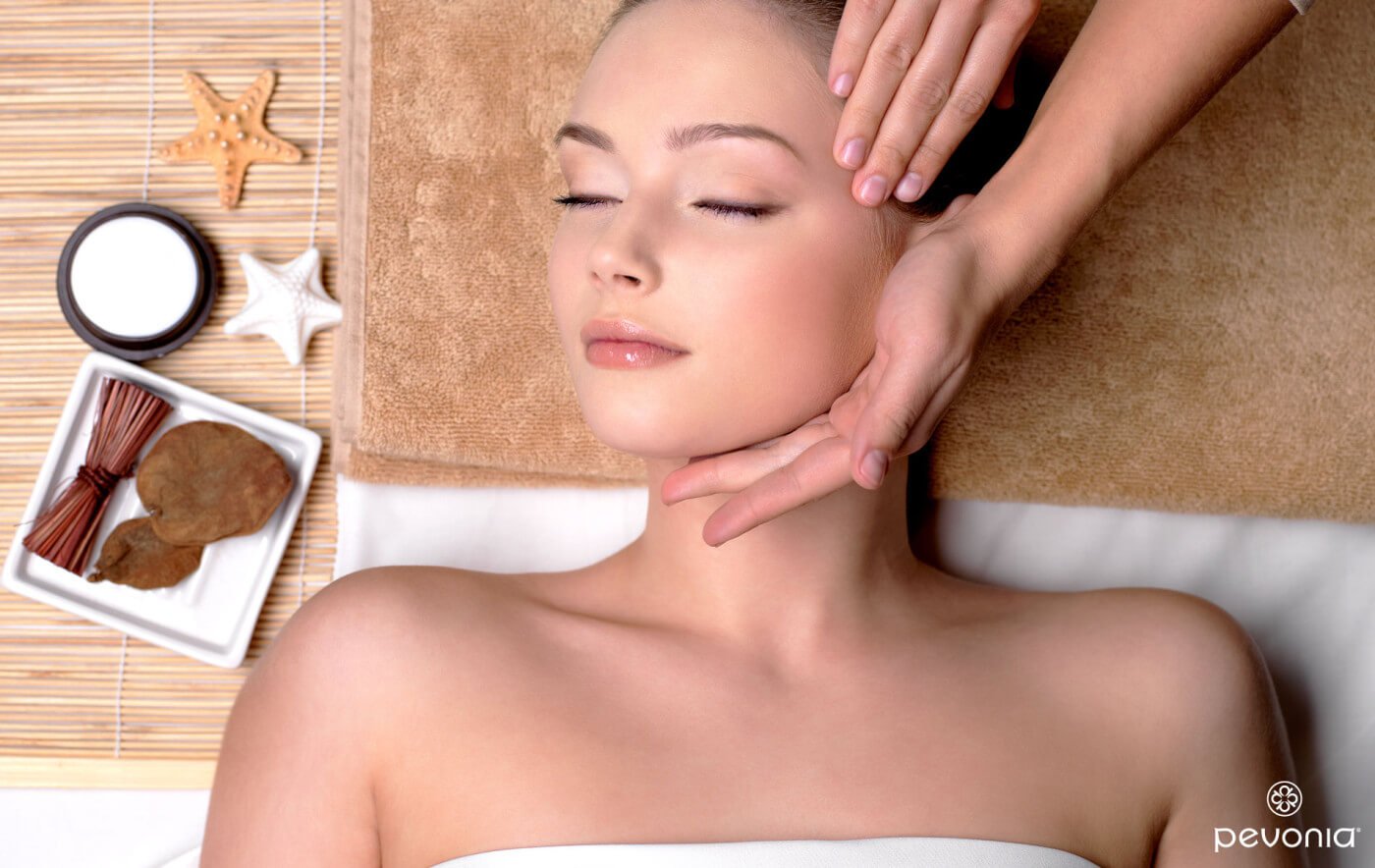
Ask The Esty
Q: What’s the difference between skin dehydration and dryness?
A: Dehydration and dryness are common skincare concerns that are often and understandably confused. Here are some main characteristics to help clarify what sets dehydration apart from dryness.
About Dehydrated Skin
- Dehydrated skin lacks adequate water.
- You can have both dehydrated and oily skin simultaneously.
- The texture of the skin and how it feels is not consistent, it can feel tight one day and the next day feel normal as it will react with its environmental surroundings.
- Skin can appear shiny and tight, plus show tiny lines.
- The appearance of fine lines will be diminished when properly hydrated.
- The barrier will be compromised, causing skin to become sensitized. But when barrier function is repaired through proper hydration, skin tolerance will be restored.
- Breakouts, congestion, and acne can be present.
About Dry Skin
- Dry skin is skin lacking oil, also referred to as Alipoid.
- You CANNOT have both oily and dry skin!
- Skin texture consistently feels tight and dry.
- The skin may appear rough and flaky.
- Expression lines are more pronounced in younger skin and are still present when it is moisturized.
- It is prone to sensitivity and sensitization due to the skin barrier being inherently compromised and will always be susceptible to both.
- Breakout and congestion are minimal, and acne is not likely.
To make sure that you are applying the products needed for your skin type and condition, schedule a visit with a licensed professional. By conducting a detailed skin consultation and skin analysis, they will be able to tell you if your skin is dry or dehydrated. Once they determine what your skin needs, they will customize your regimen accordingly.
Q: What can I expect an esthetician to ask me during a facial skincare consultation?
A: For an esthetician to choose which professional treatment and customized self-care regimen will give you the results you are looking for, they will ask many questions about your lifestyle habits, skin care personality, general health, and overall skin concerns. As skincare treatments have evolved, so has the consultation process. Since some therapies may be contraindicated for certain physical conditions, a detailed questionnaire should always be conducted to avoid negative interactions. For instance, micro-currents, LED therapy, the classic galvanic current, and other modalities are all contraindicated for pregnancy, heart conditions, diabetes, and proneness to seizures, to name a few. Moreover, because there are many prescriptions guests may use that could affect the health of their skin, it is important to share and discuss the side effects of those medications so they can advise on viable solutions to improve their skin condition.
Questions should be asked about any known allergies, sensitivities, and the nature of daily skincare routines. They will inquire how many and which skincare products are used, if they exfoliate, and, if so, how often. Often, guests do not realize that they contribute to their skin’s sensitivity by over-exfoliating with scrubs, using products with harsh ingredients, acids, cleansing tools/brushes, etc. Discovering this valuable information will not only ensure successful professional treatments but deliver the positive results the guest is looking for, without any unexpected reactions.
Q: How much exfoliation is too much?
A: Desquamation is the skin’s natural process to rid itself of old cells and replace them with newer, viable, and highly functional cells that render a healthy, vibrant glow. However, as we get older, this process slows down, and dead cells pile up on the surface, making the skin look sallow and lackluster; therefore, adding an exfoliator to your skincare routine is vital for keeping the skin radiant, healthy-looking, and free of congestion. Furthermore, it allows active ingredients in treatment products like serums and moisturizers to penetrate the skin much more effectively. But how much exfoliation is too much? How often someone exfoliates should be based on the type of exfoliator they use and whether it is compatible with their skin type and condition. For example, if you suffer from sensitivity and are prone to redness, you should avoid most devices and products that produce physical or mechanical exfoliation.
Every time we use devices or products that speed up the desquamation process, the skin barrier is affected, at least temporarily. As a result, the skin can become easily sensitized and prone to environmental damage and dehydration; so, adding a moisturizing serum and cream along with sunscreen protection are all crucial steps to help recover and maintain a healthy skin barrier. Another key to balancing skin health and exfoliation is choosing what product to use seasonally. Implementing a gentle scrub once or twice a week while avoiding acids like AHA’s and BHA’s during the summer months will help protect the integrity of the skin. Remember, before choosing an exfoliating product, always assess how tolerant the skin may be, and in case of doubt, err on the lighter side of caution.
